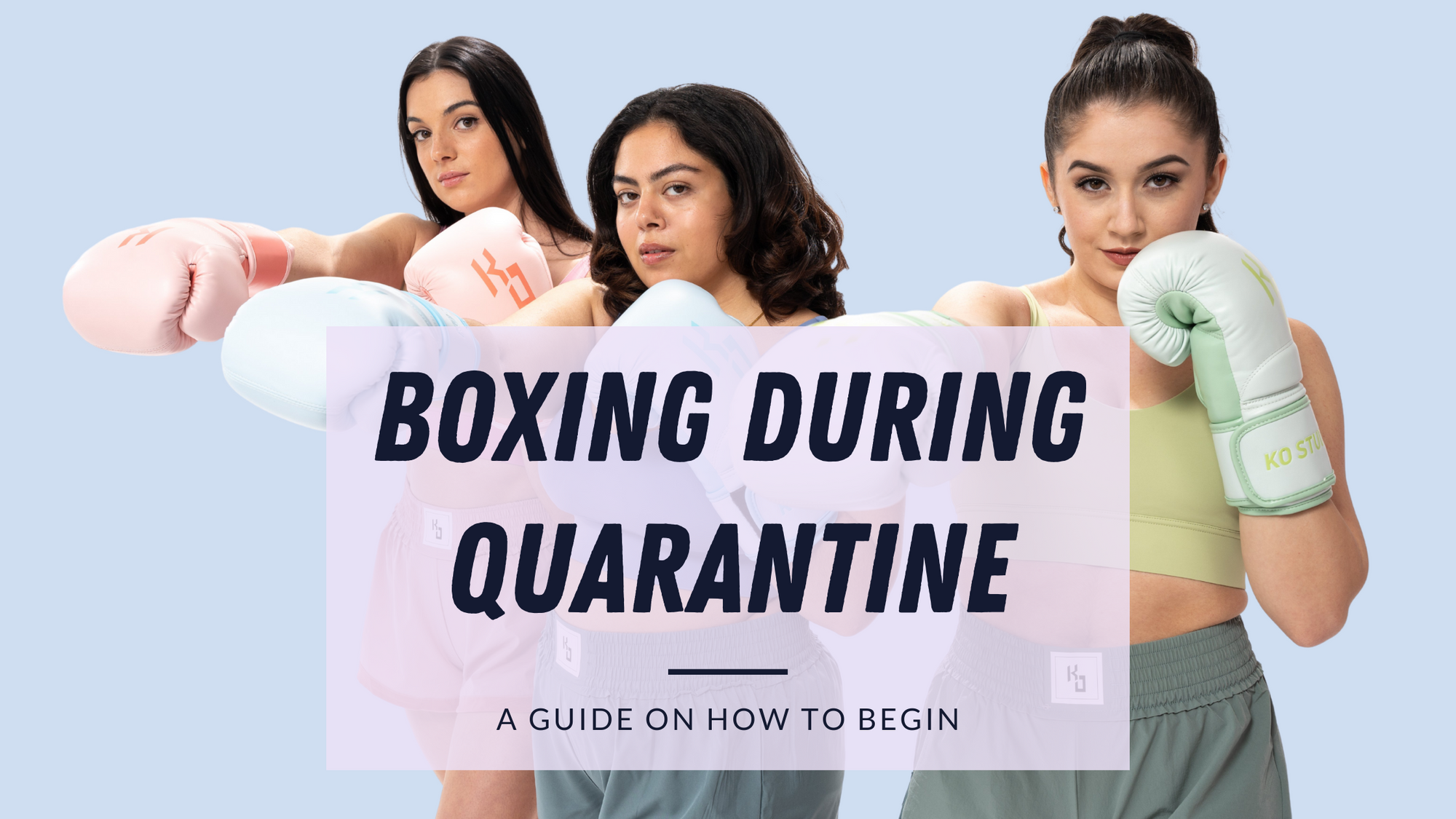I remember it like it was yesterday. The interaction sits so vividly in the back of my mind. The embarrassment I felt, even more easily accessible, still manages to send shivers down my spine and a hot flush of redness to my cheeks. I was eleven years old and trying out for my elementary schools co-ed hockey team. As if I wasn’t already intimidated as one of the only girls trying out, the boys I was surrounded by didn’t make it any easier as they snickered and sneered skating by me on the ice. Lining up on the blue-line to begin skating drills I recall trying to make myself invisible. Looking back, already the smallest player on the ice, it really seems impossible that I could have made myself any smaller, and yet, I felt like everyone in the rink was staring at me. Thats when he spoke to me, he was in the grade above me, and in all honesty, was a lack-lustre skater in his own right, “why are you even trying out?” He remarked with a malicious grin. I stood there, paralyzed, silent until he skated off. I didn’t attend the second hockey try-out and I avoided him for the next year.
This was the first of many of my experiences feeling unwelcome in a male-dominated atmosphere. This blantly intimidating culture exists in so many different facets if life for women. In spite of my teachers encouraging the girls to try out for the team, the atmosphere that the boys created prevented me from returning. One girl made the team that year, the coaches hide behind the guise of meritocracy, the tired excuse of “we chose those who were the best players. It’s nothing personal.” It is personal though. It’s not that there is a lack of female talent within the sport of hockey, the workplace, the boxing gym, but a lack of inclusivity, validation and opportunity provided by those who hold the power in these spaces.
Claressa Shields, a champion female boxer states that she had to beg broadcasters to cover her next fight, despite being known as the best female boxer of all time. She claims, They’re always yelling equality, equal pay, equal opportunities, but they don’t mean it. Because all they have to do is say yes. They can say, ‘Yes, you know what? We’re going to put women’s boxing on every card no matter what.’ That would help build women’s boxing, but they won’t do it” (The New York Times). These problems continue to exist and will continue to exist unless we enact change. Unless we begin to acknowledge the power and capability that women possess. This starts with stepping into and recognizing our own skills as females. It means not shying away from a daunting environment but embracing it.
So what does it mean to play like a girl and fight like a girl? It means working that much harder, being that much more confident and self-assured, being fearless and pushing past uncomfortability in a way that most men will never experience. Having to fight like a girl is that much more challenging, but gifts us with the reward of strength. We must work so hard that they have no choice but to acknowledge us.



